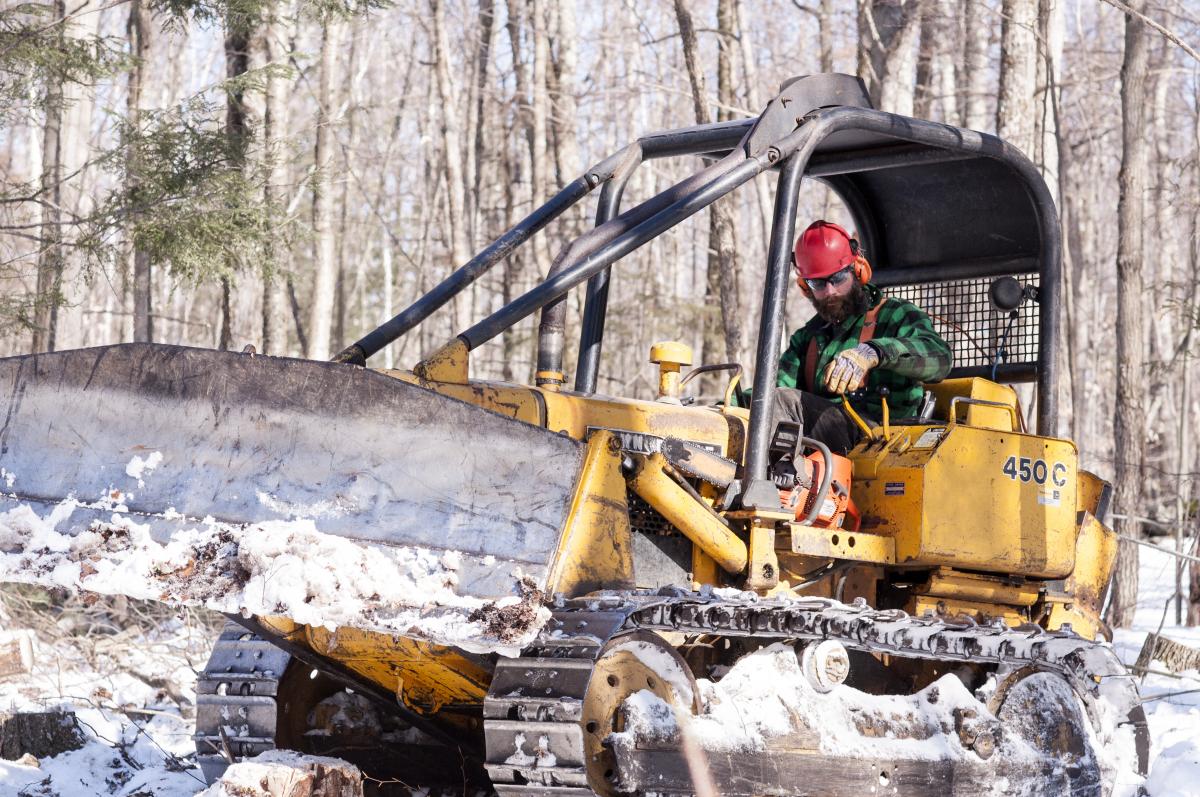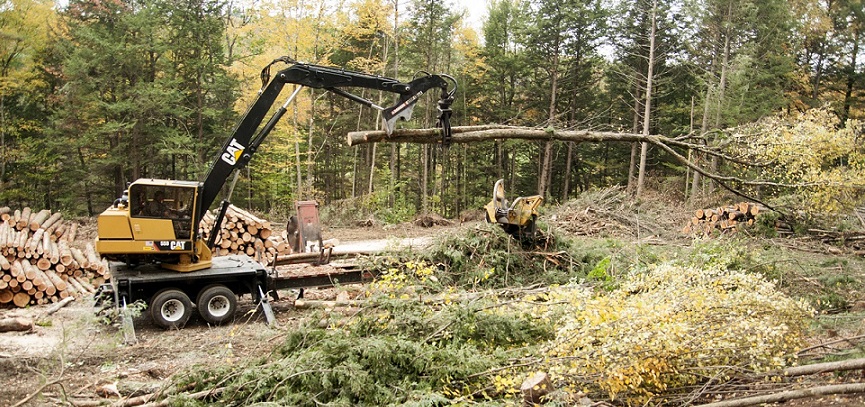Vermont’s workers’ compensation insurance system now recognizes logging contractors that are “safety certified,” with discounted insurance premiums, when they and their employees have received approved safety training and are verified to have reduced the risk of injury at their jobsites. For some loggers, this culture is already built into their operation and they can attain “safety certified” status in some simple steps. For others, there are several training opportunities for you and your employees to get involved in and participate in the program. All loggers can take this survey to learn more about how to become safety certified.
There are additional links below for you to be prepared to properly document your workers’ compensation insurance coverage, or a legal exemption. Landowners will be asking for this documentation as part of this program.
What will I need to do to qualify? 
For employers to qualify their employee’s payroll as “safety certified,” they will need to enroll in the Logger Education to Advance Professionalism (LEAP) or Master Logger program as certified by the Trust to Conserve Northeast Forestlands. All employees will need accredited safety training as either mechanized or non-mechanized loggers and at least one person from the operation (the owner or a crew leader) will need to complete training as a “Forestry Operations Supervisor.” To complete the certification the employer will schedule an onsite “Loss Prevention Evaluation” at their jobsite, where the implementation of safe practices will be verified along with a consultation about what the operation is doing well and where improvements can be made. Once the operation has qualified their payroll as “safety certified,” they must maintain the continuing education requirements of either the LEAP or Master Logger program that certifies them.
Enroll in a Certification Program
Tools for Verifying Workers' Compensation Insurance Compliance
- Workers Comp Checklist for Subcontractors on the Job
- Form 29
- Best Practices When Hiring an Independent Contractor
- Sample Contract Language
- Glossary of Insurance and Forestry Terms
- The Department of Financial Regulation Consumer Page for Insurance
Tools for Safety Certification and Jobsite Evaluations
- Frequently Asked Questions about Certification and Jobsite Inspections
- Jobsite Safety Evaluation
- Emergency Responder Contacts Form - Fillable PDF
- Workers’ Comp Cost Per Ton and MBF Calculator - Download Excel File
- Video: Preparing for a Loss Control Visit

